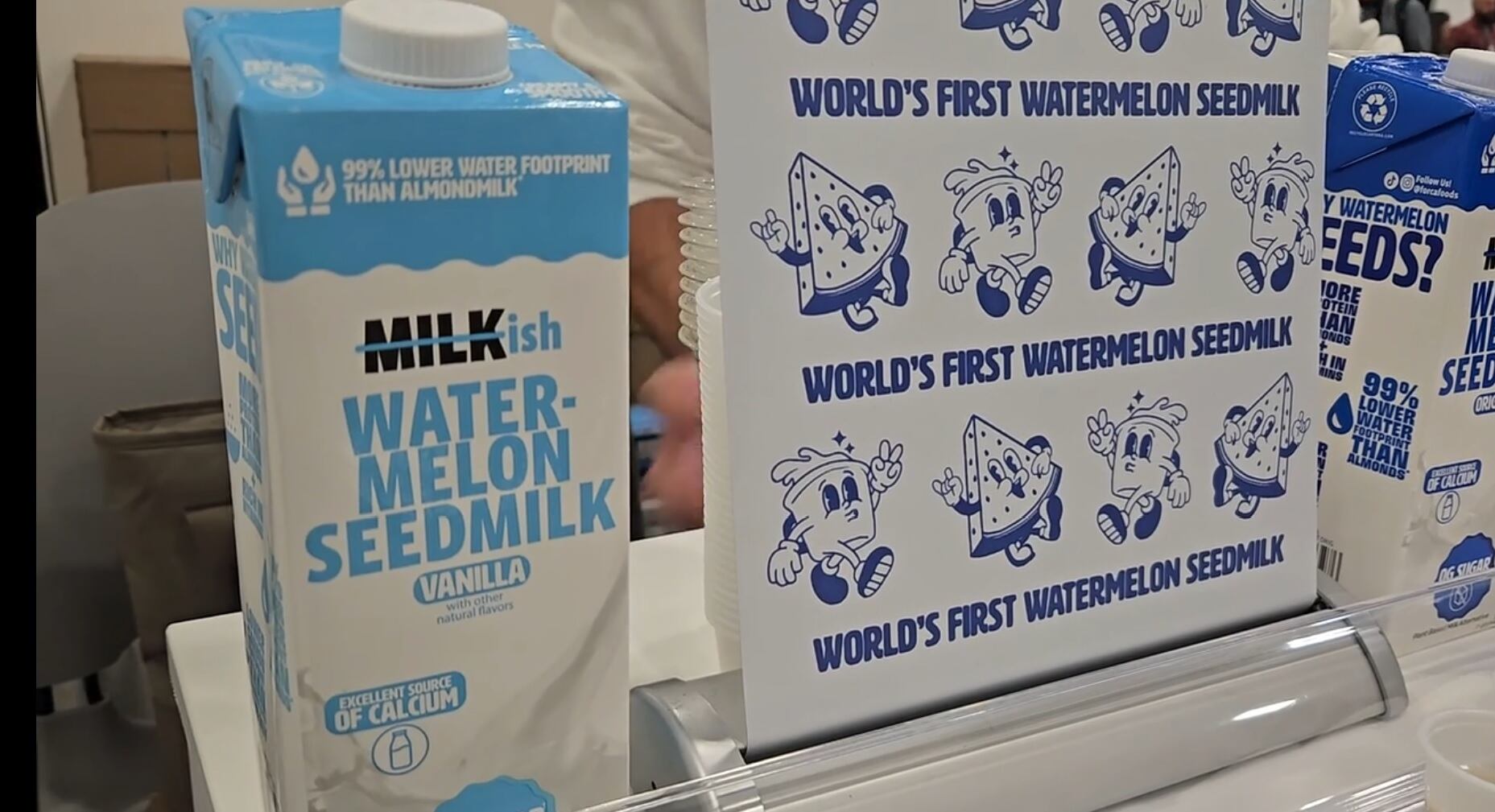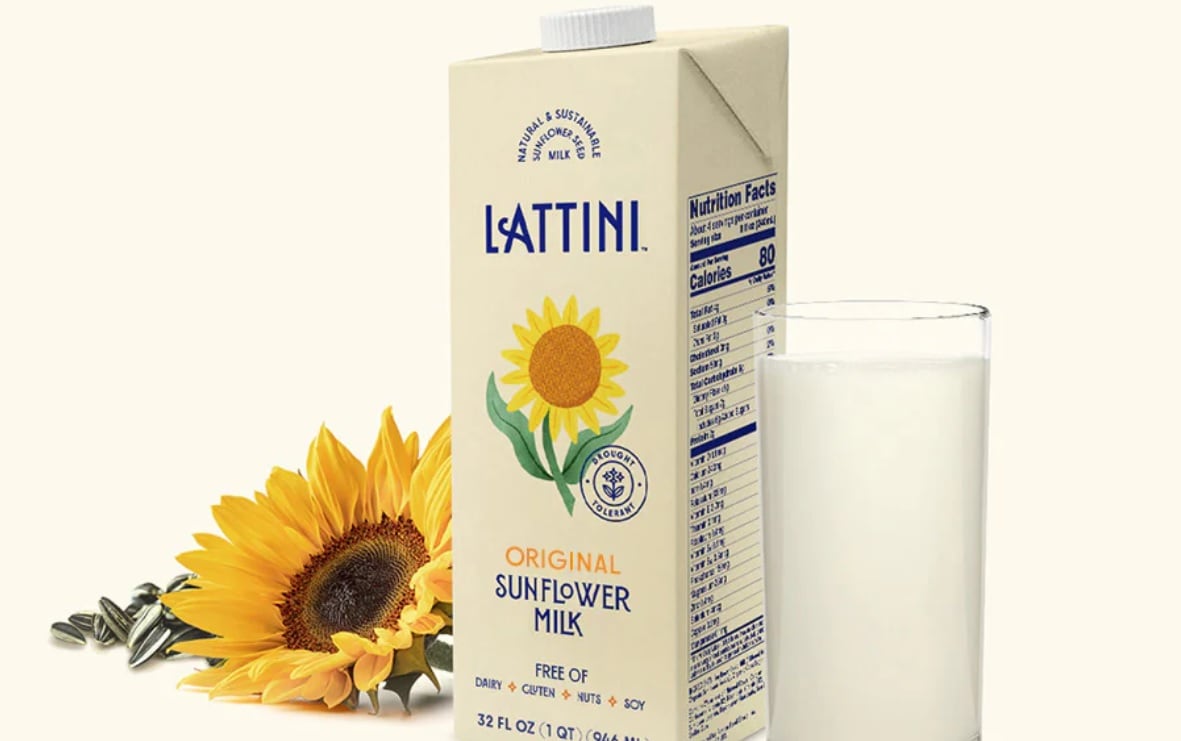North American plant-based milk manufacturer Whole Moon is leaning into clean-label consumer demands, amid slowing plant-based milk sales and supply chain complications spurred by trade uncertainty.
Launched in 2023, Whole Moon offers a range of plant-based milks – including a coconut milk available at Sprouts that launched at Natural Products Expo West. Whole Moon creates its unique taste and texture by roasting soybeans, as opposed to extracting soybean oil and mixing it into a milk, Susan Knight, president of Whole Moon, explained.
“What makes all of our products different is that we are using whole ingredients,” Knight elaborated. “That really changes the product in two ways. It changes the taste and the texture. When you roast something, you actually elevate the flavor.”
Clean-label plant-based milks
The plant-based milk market faced fresh headwinds in 2024, including slumping sales. Refrigerated and shelf-stable plant-based milk sales were down 4.7% year-over-year ending Dec. 29, per Spins MULO data.
Despite years of innovation, the plant-based milk category is still grappling with taste and texture, Knight explained.
“You have three options when there is a 25% increase on your product. You can either pass that along to consumers, you can lose a bunch of money, or you can try to find manufacturing in the US. And unfortunately, there is no manufacturing in this space available right now in the US, so our hands are really tied.”
Susan Knight, president, Whole Moon
Consumers often dislike soy products because of their grassy and beanie note, which is a byproduct of an enzyme called lipoxygenase, Knight explained. Roasting soy at the “right amount of time at just the right temperature” can eliminate the beanie taste and “elevate the flavor and make it more nutty and nutritious,” she added.
Additionally, consumers are moving away from highly processed foods and seeking products with fewer ingredients (i.e., clean labels) and more whole foods. Whole Moon uses the whole coconut by compressing the coconut meat and adding it to the roasted soybean to create its coconut milk.
Most consumers (91%) said that all, many or some ultra-processed foods are unhealthy, with only 3% of shoppers saying that UPFs are just as healthy as other foods, according to a Purdue University survey of more than 1,200 people.
Consumers “really do not want that highly processed food product anymore. They want something that is more whole, more natural,” Knight emphasized.
3 options to combat tariffs and trade uncertainty
Plant-based milk brands focus on innovation amid slowdown
Plant-based milk brand Califia Farms is experiencing growth in its premium and organic offerings amid the category slowdown, brand CEO of Califia Farms Dave Ritterbush explained at Natural Products Expo West. Califia Farms competitor Elmhurst 1925 is offsetting category headwinds by expanding beyond milk and creamers, launching a squeezable sour cream early last year.
Whole Moon is feeling the impacts of the Trump administration’s on-again-off-again trade war with Mexico and Canada , since it manufactures in Toronto. Just like Dole Packaged Foods, the plant-based milk company is trying to make sense of the impact from the proposed 25% tariffs on Canadian imports, Knight explained.
“You have three options when there is a 25% increase on your product. You can either pass that along to consumers, you can lose a bunch of money, or you can try to find manufacturing in the US. And unfortunately, there is no manufacturing in this space available right now in the US, so our hands are really tied,” Knight added.




